Hapag-Lloyd performs strongly in a challenging year
 |
| Hapag-Lloyd's < Berlin Express > |
According to the consolidated financial statements approved today by the Supervisory Board, Hapag-Lloyd increased its transport volume in 2011 by 5.1% to 5.198 million TEU. The average freight rate was USD 1,532/TEU, which represents a modest decline of 2.4% on the year. Revenue came to EUR 6.103 billion, compared with EUR 6.204 billion in the previous year. The decline was largely due to exchange rate fluctuations. In US dollars, the main currency for Hapag-Lloyd’s operational business, revenue rose by around 3.2%.
Much higher energy costs severely depressed Hapag-Lloyd’s earnings in the 2011 financial year. The average bunker price over the year was USD 605/tonne, which is more than USD 150/tonne higher than the year before, an increase of 34%. The additional energy expenses of around USD 600 million could not be passed on to customers, as some market players resorted to aggressive pricing in 2011 in order to gain market share.
Despite these negative effects, EBITDA for the financial year 2011 reached EUR 367 million. The operating result (adjusted EBIT) came to EUR 101 million. Earnings after interest and taxes nearly broke even at EUR -29 million.
“In comparison with the competition, this was an excellent result for Hapag-Lloyd in a challenging year. Not only were we the only large liner shipping company to achieve a positive operating result in all four quarters of 2011, but we were also the only market participant to close the second half-year with a group profit after interest and taxes,” said Michael Behrendt, Chief Executive Officer of Hapag-Lloyd. Cash flow from operating activities was EUR 244 million for the financial year under review.
In the first few weeks of the current financial year Hapag-Lloyd has performed in line with expectations. Further increases in bunker costs have put a strain on what is anyway the weaker season at the start of the year. High energy costs will remain a challenge for the entire industry throughout 2012. This difficult environment made it imperative to announce a sharp increase in freight rates beginning in March and April, which the market has accepted.
“These increases are unavoidable in order to get back to adequate and sustainable rates again, especially as the bunker price has gone up even further,” said Michael Behrendt. “This is also in the interest of our customers, because in the long run it is the only way shipping companies can offer a comprehensive, dependable service, which given the global division of labor many customers rely on.” Furthermore, shareholders are also entitled to a reasonable return on their capital, he added. “The ability to pay dividends is one of our most important corporate goals,” said Michael Behrendt.
Hapag-Lloyd has a sound balance sheet. At year-end the Company held liquidity reserves of around EUR 750 million. All budgeted capital expenditure is fully funded, in particular the ten newbuilds that are due for delivery from July 2012 until the end of 2013. < Korea Shipping Gazette >
많이 본 기사
- 장금상선, 세계 1위 VLCC 해운사 꿈꾸나…35척 매입“한국해운 80년 역사 담았다” 해운역사기념관 개관한국해양교통안전공단 이사장 공개 모집해수부 해운물류국장에 김혜정, 부산해수청장에 허만욱 임명‘컨선·LNG운반선 덕’ 선박수출액 8년만에 300억弗 돌파스위스 MSC, 부산-지중해 항로 개편…운송시간 단축해운업계, 청년 해기사 취업박람회 연다부산항 컨테이너 물동량 2488만TEU…최대치 경신日 나고야항, 6년만에 260만TEU 달성지난해 中-유럽 정기화물열차 317만TEU 운송…전년比 8%↑
- 국제물류협회, 마이스터고 대상 ‘영마이스터 물류캠프’ 운영中 NBOS라인 4300TEU급 컨선 4척 발주…3400억 규모해기교육원, 내항상선 해기인력 36명 배출 싱가포르항공, 싱가포르-리야드 직항 노선 신설해양교통안전공단 김준석 이사장, 설 대비 여객선 승선 점검BDI 2028포인트…中 춘절 앞두고 물동량 활황세 지속해수부 신임 해사안전국장에 이수호 국장 임명엑소텍, 프랑스서 물류 자동화 행사 ‘엑소서밋 2026’ 개최트랜스올, 인천공항 상용화주 지정 인가 획득부산신항만, 에너지 취약계층 지원 성금 전달
스케줄 많이 검색한 항구







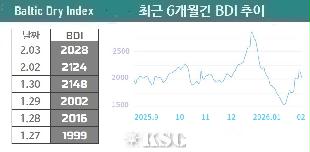

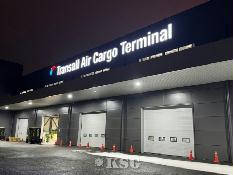
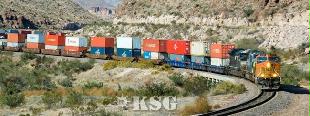
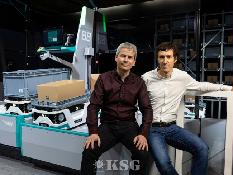

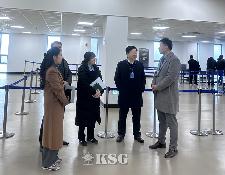
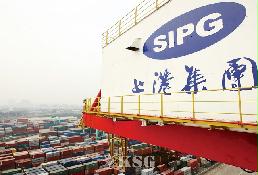


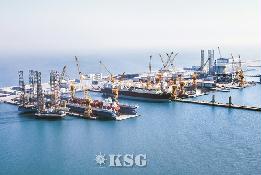
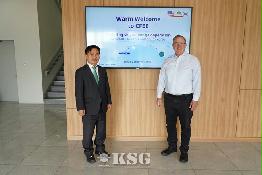
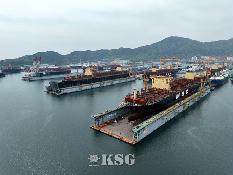
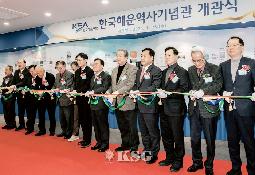
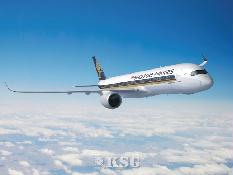
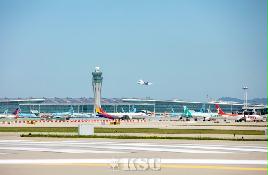

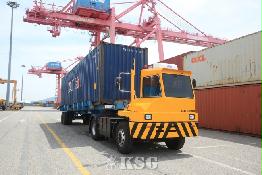


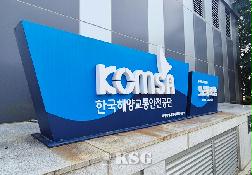

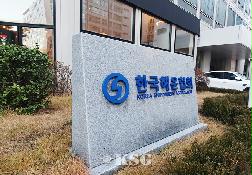


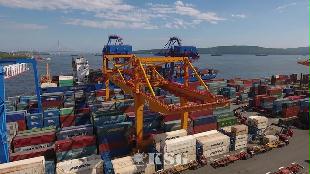
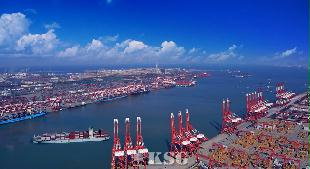
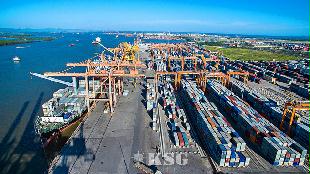
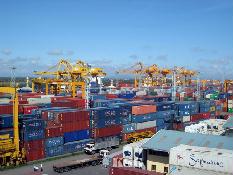





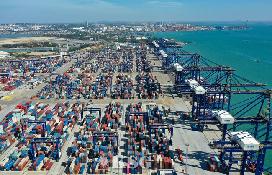
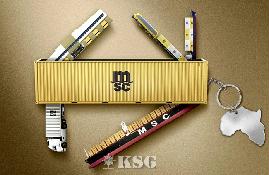
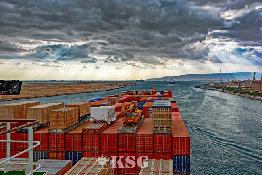
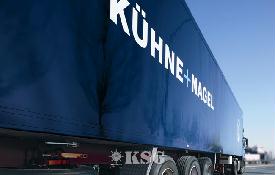





















0/250
확인